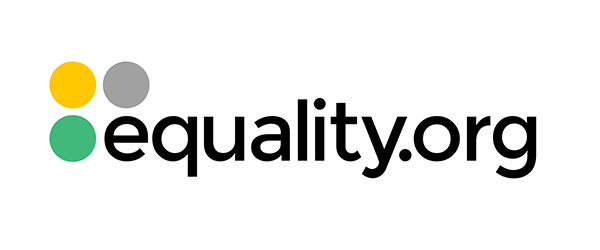Improving the Educational Quality for Students in Foster Care
Students in the foster care system represent one of the most academically vulnerable populations that face a unique set of challenges including high mobility and unstable environments.
In most cases, students in foster care have below average scores particularly in math, reading, and writing, have a higher amount of absentees and lack the educational and emotional support they need compared to their peers. As a result, they are more likely to fall short in individual skills, leaving little to no room to progress to higher education or become financially independent.
Children who are 1 to 5 years of age make up the largest population of children in foster care compared to other age groups. As studies show, conception to age 5 is one of the most critical developmental phases in a child’s life. For children within the foster care system, this period is filled with a series of emotional traumas and stress and can interfere with healthy development and educational progress.
These early experiences can follow this vulnerable population into adulthood once they age out of the system, and more than 23,000 children age out of the US foster care system every year. For these children who progress into adulthood, the future may be bleak as failure to complete high school and homelessness are both realistic outcomes.

Authorities have tried to take steps to safeguard the normalcy of these students’ lives and ensure educational and lifelong success.
In 2017, the American Bar Association came to a conclusion of how they would tackle the academic gap that students in foster care face. In doing so, they adopted a new education policy that determined how legal authorities and advocates can make well-informed decisions to support the children’s educational quality. Such measures include the child’s right to remain in the same school, prioritizing prompt school enrollment, encouraging early intervention programs, and decisions that will normalize their overall school experience.
Additionally, the ESSA was implemented in efforts to close the academic gap for all underperforming students, including students in foster care. However, recent findings show that some states are struggling to uphold the law. While the intent is to give states more freedom in their delivery of education, some states fail to meet ESSA requirements and overlook vulnerable subgroups and populations.
Today, the educational success of vulnerable groups lies within the hands of each state. If there is any hope of closing the academic gap for such students and those in foster care, advocates will need to focus on the following:
Research-based practices
Instead of taking punches in the dark, advocates should place emphasis on practical methods that have been backed by research. For instance, school absences are a contributing factor to the downfall of students within foster care. A recent study suggests that schools can minimize the number of absentees by partnering with organizations to leverage their expertise and knowledge.
New data
Data sharing is known to help foster education outcomes for children in foster care. Advocates should pay close attention to the data in the United States when pushing for change, mainly to track the success of educational policies.
Quality Data
Advocates should avert their attention to data that is reasonable and realistic. For example, if it looks like a school’s chronic absenteeism rate has declined dramatically from one year to the next, the information might be too good to be true. With the help of advocates who push for change, there is a better chance of reducing the academic achievement gap for students in foster care.




I believe you addressed an enormously important topic here. Foster Care issues in general is one of the “wicked” problems we face as a society. As you say conception to age 5 is the most critical in a child’s development. This is true. During this phase children need love to feel secure and have good emotional health as an adult. This is nearly impossible with unstable caregivers. I am interested in this issue. The system must change-it’s broken. If you are involved in any way-you see why!